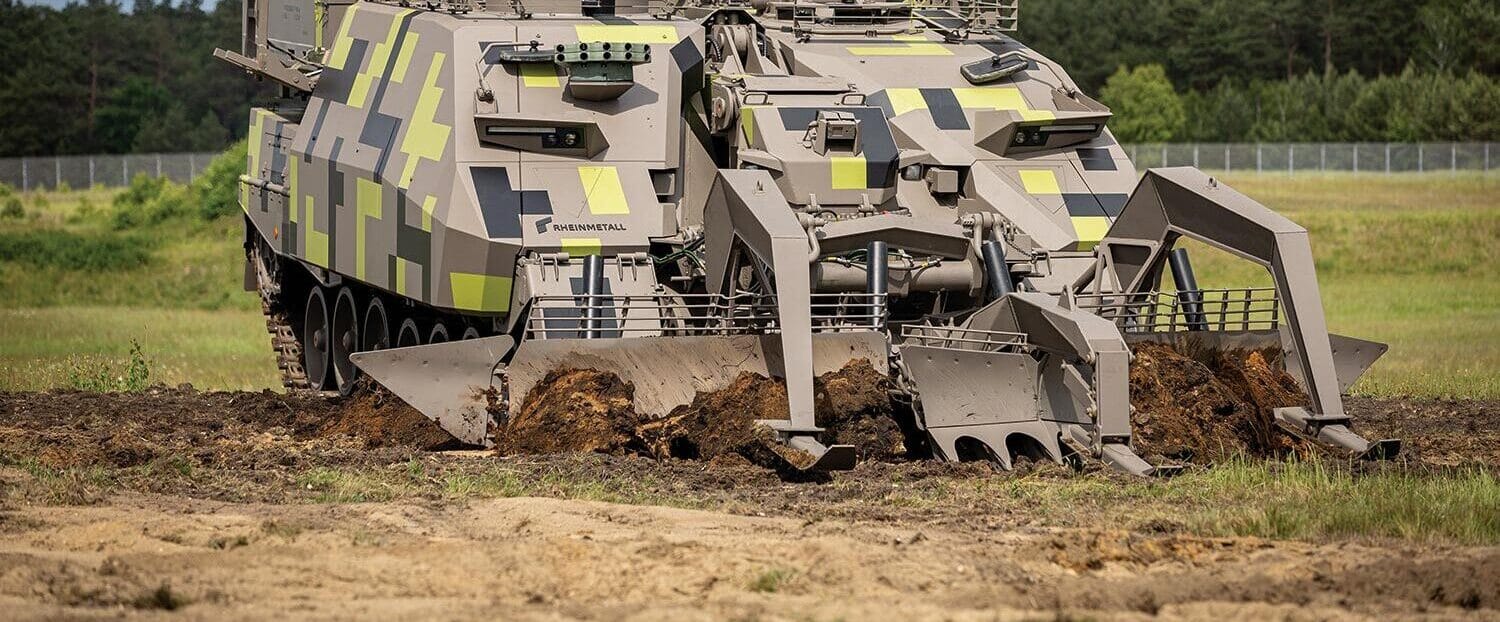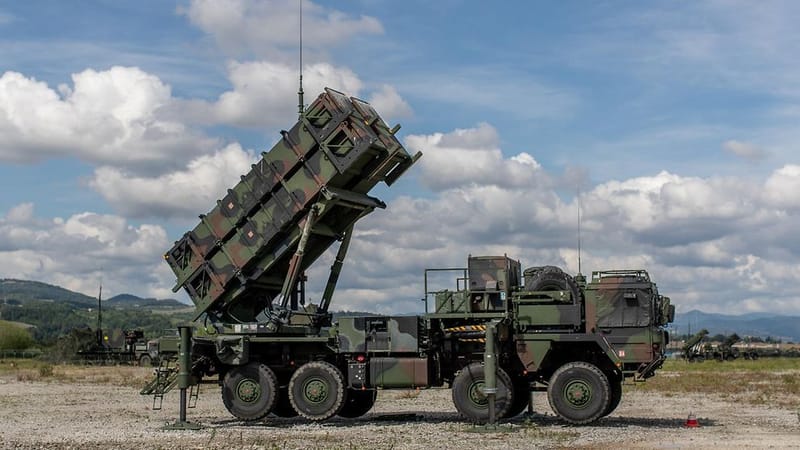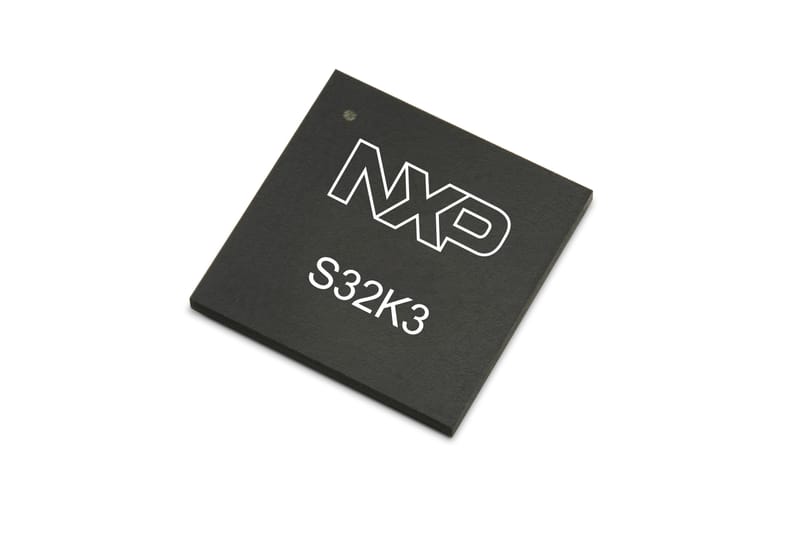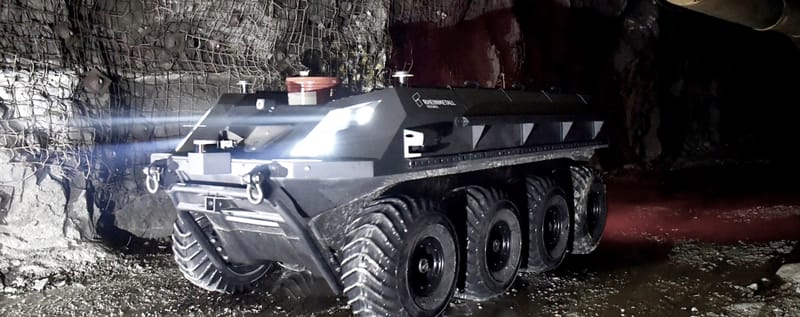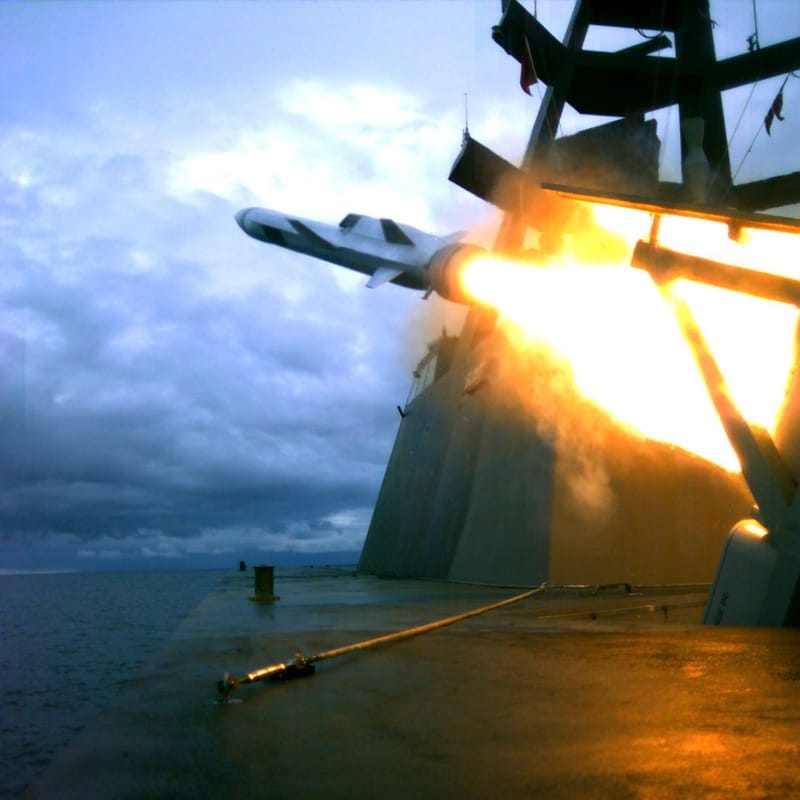Rheinmetall's "Legatus" MCTC: Tech Upgrade for NATO's Eastern Defense Training
"Legatus" provides NATO's eastern defense with cutting-edge simulation technology. Learn about its key achievements, including German-Lithuanian collaboration, real-time interoperability, and innovative Reachback methods for efficient military training.
In a significant leap for NATO's defense capabilities, Rheinmetall has showcased its state-of-the-art Mobile Combat Training Center (MCTC) "Legatus" system, a revolutionary platform connecting German and Lithuanian military forces through advanced simulation technology. This demonstration, completed in December 2024, marks a major milestone in international military training cooperation and reinforces NATO's preparedness on its eastern flank.
Key Achievements in NATO’s Eastern Defense Training
- Successful Cross-Border Live Simulation Training: Rheinmetall’s MCTC seamlessly integrated forces from Germany and Lithuania, setting a benchmark for interoperability.
- Real-Time Connections: The use of mobile container solutions enabled real-time collaboration between countries.
- Comprehensive Combat Support Integration: The system incorporates vital combat elements such as artillery, engineering capabilities, and advanced technologies like AGDUS (infantry and vehicle).
- Secure Communications: The deployment of secure VHF troop radio communications ensured seamless and secure information sharing.
- Live Situation Mapping: Real-time mapping within EXCON (Exercise Control) enhanced situational awareness and decision-making.
The "Reachback" Advantage: Revolutionizing Military Training
One of the MCTC’s standout features is its innovative Reachback method, which allows German evaluation personnel to monitor and interact with training exercises in Lithuania from remote locations. This capability maximizes resource utilization while maintaining operational efficiency. The Reachback method leverages expertise from the Army Combat Training Center in Letzlingen/Altmark, renowned for its cutting-edge military training systems.
Maik Nienaber, Head of System Technology Networked Training Systems at Rheinmetall, emphasized, “This technology ensures optimal preparation for modern military challenges while offering rapid deployment capabilities to support our allies in Lithuania.”
Enhancing NATO’s Collective Defense
Lieutenant Colonel Michael Engel highlighted the global importance of this achievement: “Our Combat Training Center’s world-leading technology and expertise are now accessible to forces stationed along NATO’s eastern border, enhancing our collective defense capabilities.” This advancement directly supports NATO’s core objective of maintaining peace and security through superior defense preparedness.
Contextualizing the Impact: Recent Developments in NATO Defense
This breakthrough aligns with NATO’s broader objectives of bolstering its eastern flank in response to evolving geopolitical challenges. Recent NATO initiatives, such as the deployment of multinational battlegroups in the Baltic states and Poland, underscore the strategic importance of enhancing interoperability among allied forces. Rheinmetall’s MCTC "Legatus" strengthens this framework by providing cutting-edge training solutions. This is further complemented by innovations such as Lithuania's artillery shell plant, developed through Rheinmetall’s EU180M investment, to enhance the Baltic region's defense capabilities (Read more).
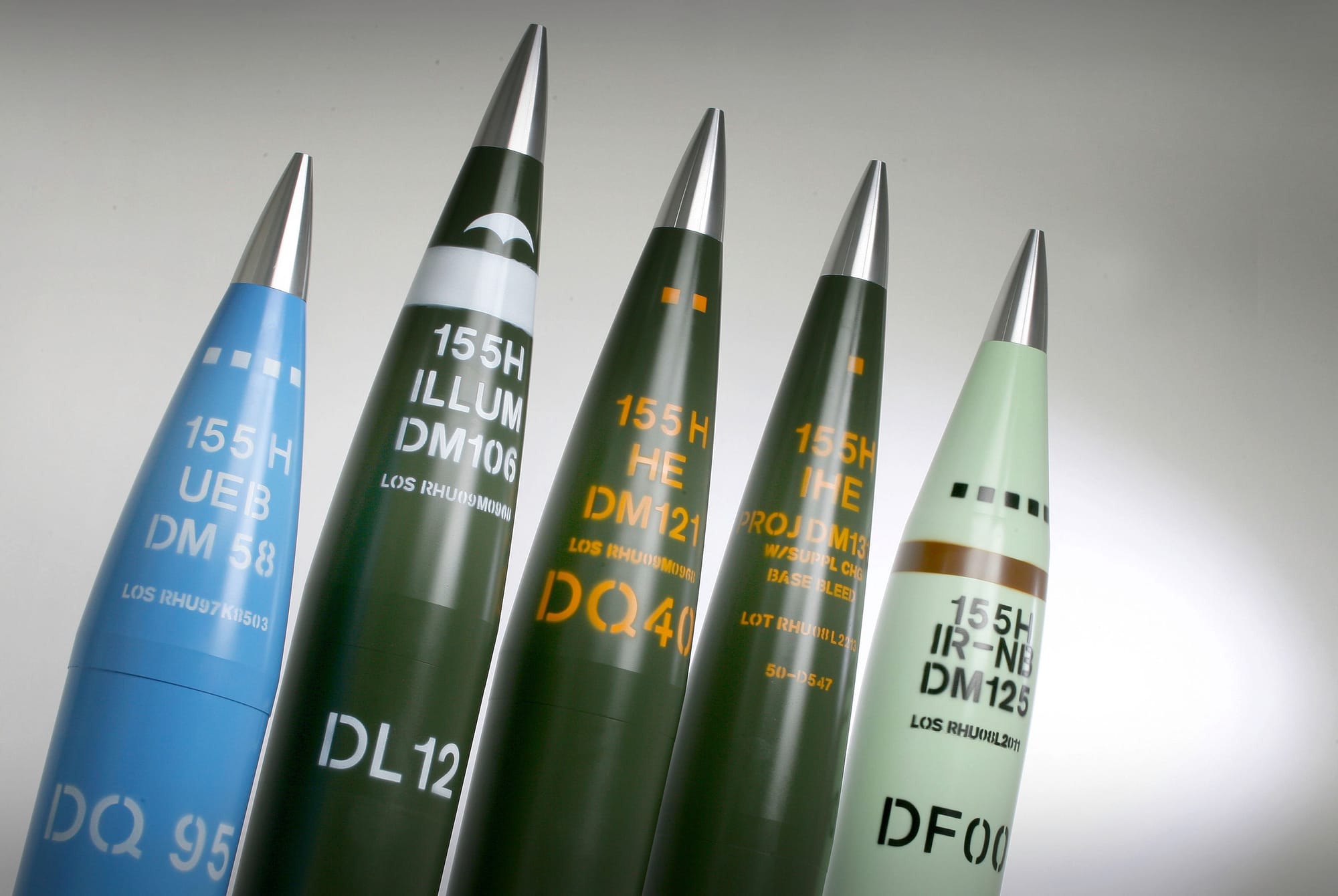
According to the 2024 NATO Defense Report, the integration of advanced simulation technologies is critical to modernizing training methodologies and ensuring readiness for future combat scenarios. Rheinmetall’s achievement directly contributes to this vision, offering a scalable and adaptable solution for multinational defense collaboration. This aligns with broader digitization efforts, such as the Bundeswehr's D-LBO initiative, aimed at modernizing land force operations (Learn more).

Why Rheinmetall’s "Legatus" System Matters
- Scalable Training Solutions: The mobile nature of the MCTC allows for deployment to remote and strategic locations.
- Interoperability: Real-time collaboration between allied forces strengthens NATO’s cohesive defense strategy.
- Cost-Effectiveness: Leveraging the Reachback method minimizes the need for physical deployments of training personnel.
Additionally, these advancements complement NATO’s operational readiness exercises, such as the inaugural Ramstein Flag 2024, which showcased air command interoperability across member states (Explore more).
Conclusion
Rheinmetall’s "Legatus" MCTC sets a new standard for military training technology, demonstrating its potential to transform NATO’s defense infrastructure. As NATO continues to adapt to modern challenges, innovations like these ensure that allied forces remain prepared, resilient, and unified in their mission to uphold global security. Rheinmetall’s commitment to supporting NATO also includes broader contributions, such as the recent delivery of 20 Marder infantry fighting vehicles to Ukraine, further strengthening allied defense efforts (Details here).
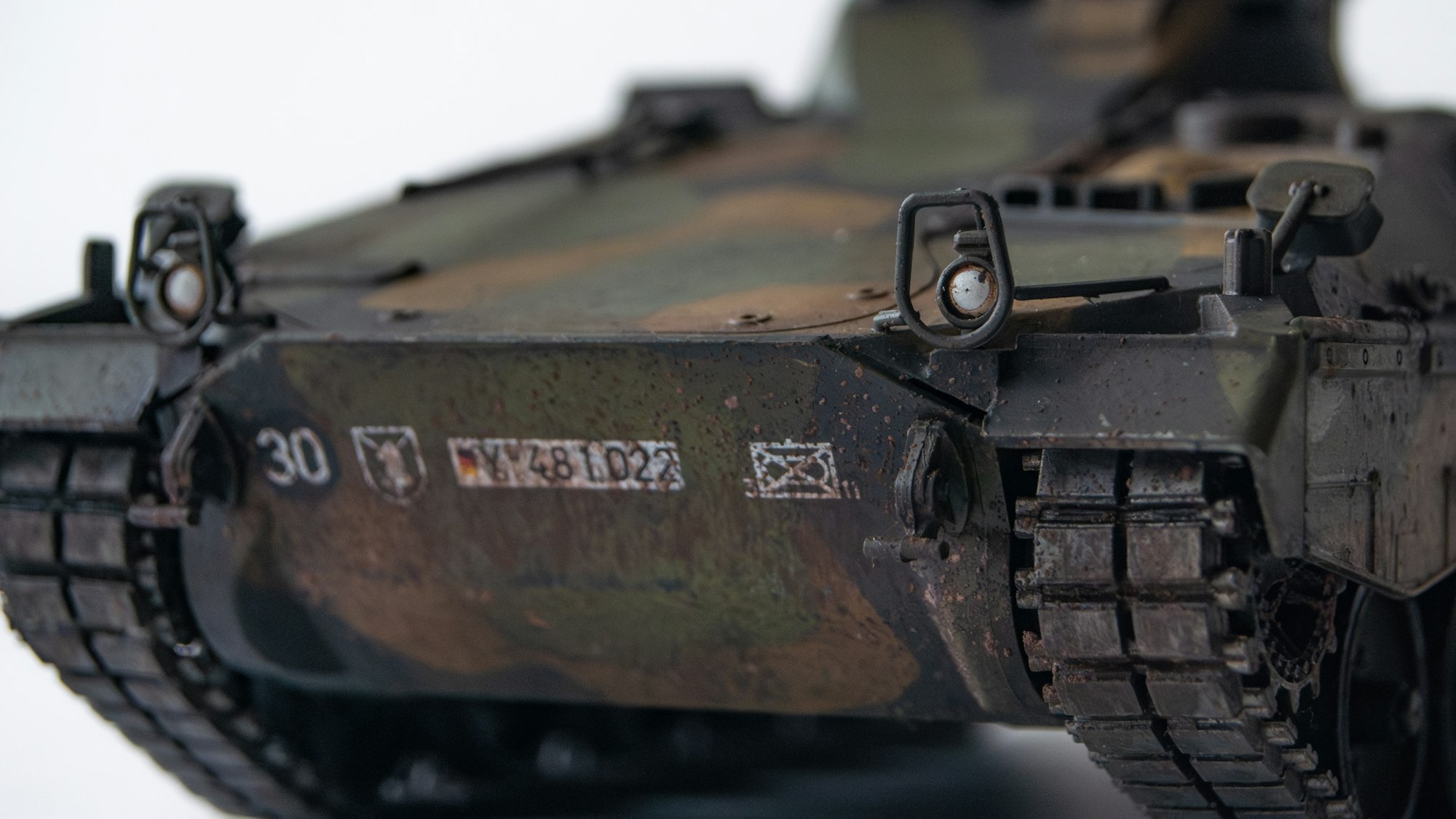
For more information on Rheinmetall’s defense solutions, visit Rheinmetall Official Site or explore the latest developments in NATO’s defense strategy at NATO News.

